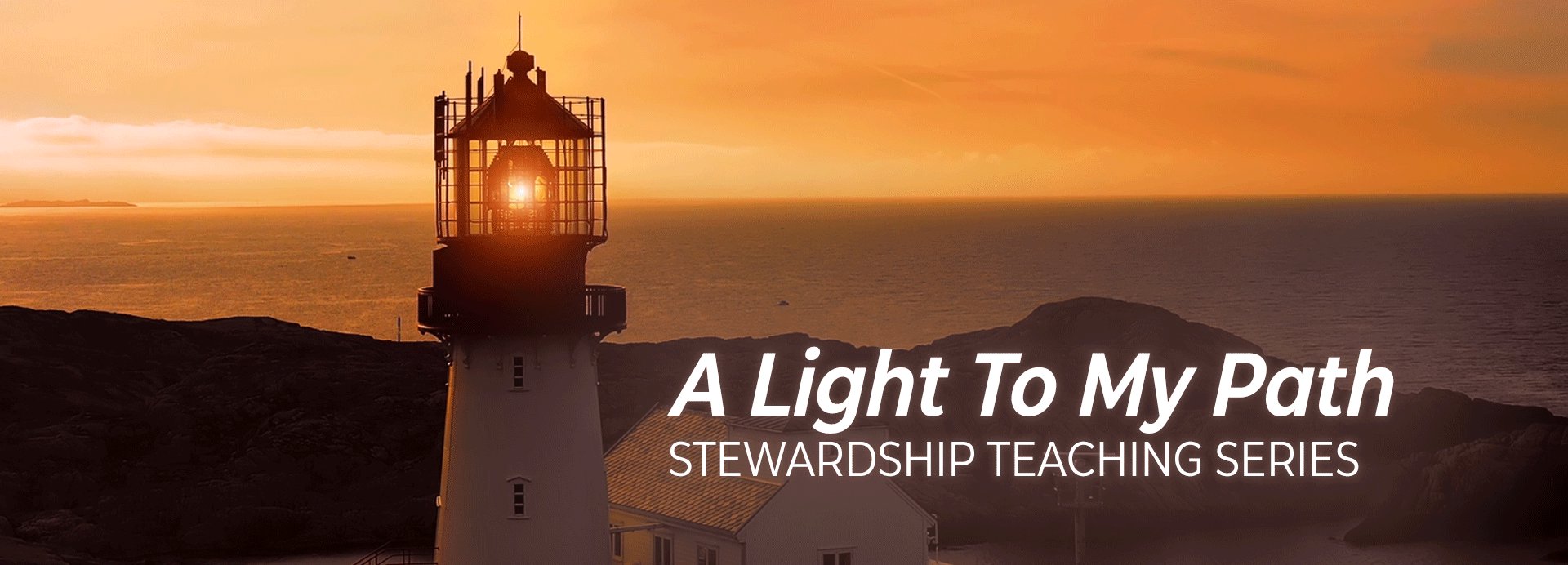Count the Cost (11AM)
November 6, 2022 • Curt McFarland • Luke 14:25–35
For the past seven weeks we’ve been asking the question, “Why Church?” It’s a question on the minds of many of those we share life with. We looked at why God created the Church, why God wants His people to be a part of His Church, and how the Church is the best way for us to know God, know ourselves, and know our place in this world. This morning we turn our attention to Stewardship.
There was a time I believed that I was self-made, deserving of all the good things that came my way, entitled to enjoy what I could afford. I worked hard, completed my education, tried to be a good citizen. Even the things that seemingly just happened, chance encounters and opportunities, I convinced myself were my due, fate smiling on me for my labors and industry. And then the voice of reason, and a dose of reality, sank in.
Yes, I applied myself. Yes, I put in time, effort, and sweat. But literally everything I have: the family and country I was born into, the education offered to me, the opportunities others provided, the friends I have, even my health, has come to me via others, and ultimately, Christians believe, I believe, from God.
For Christians, stewardship (which means “taking care of what we have and who we are”) invites us to live our lives recognizing that God is the true source of all things. As Christians we steward (take care of) what God has given us for a purpose beyond ourselves. That purpose is to love Him, and love others. The more we are mindful of that, the more grateful we are, the more we discover a growing love for God, and a genuine love for others growing too. The things that really matter follow: peace, joy, love, eternity, are given to us too.
The passage for this morning is difficult and uncomfortable. In a few verses Jesus will challenge, and offend, each and every one of us. At one of the high points in His popularity He did not capitalize on His success, He did not pander to the crowd, strengthen His power base, tell others what they wanted to hear, instead He was brutally honest, warning all to count the cost if they wanted to follow Him. It may not be what we want to hear, but it’s what we need to understand. May God help us count the cost, find the courage, pick up our cross, and follow, live for, Jesus.





